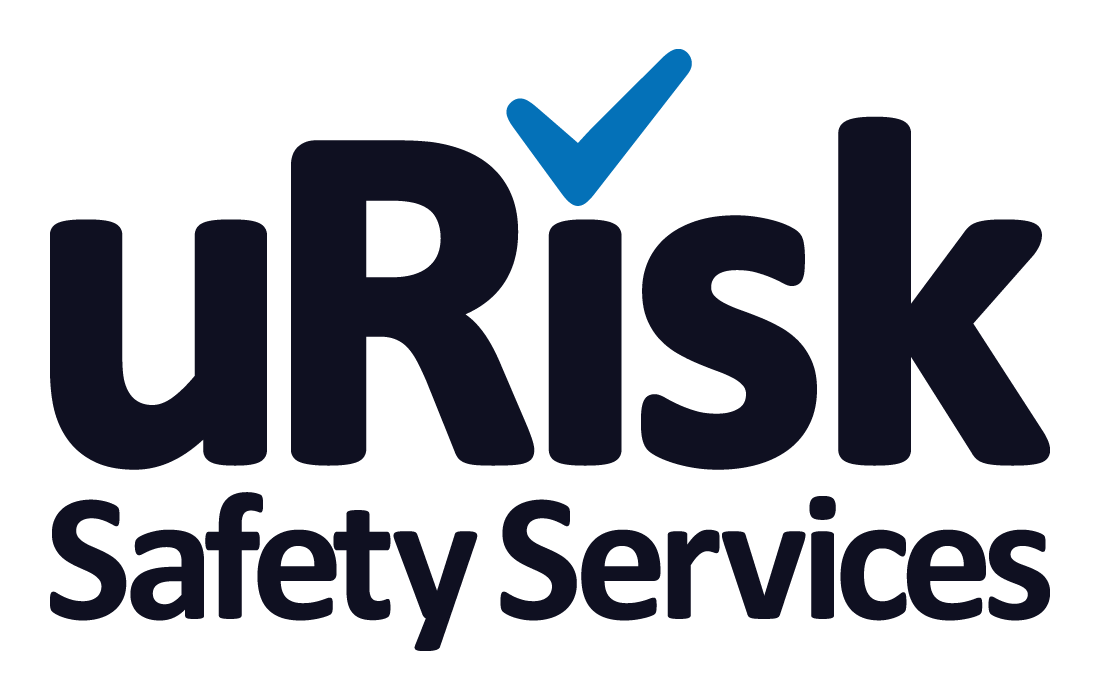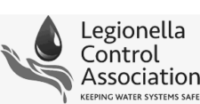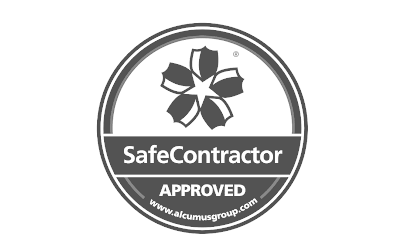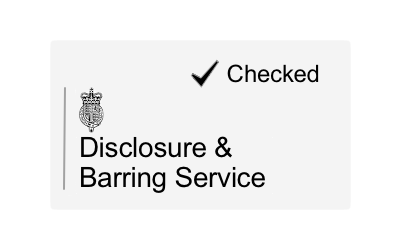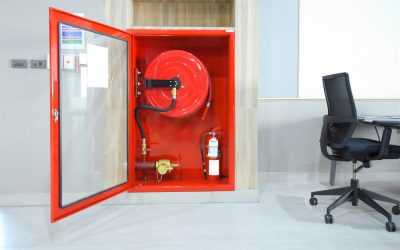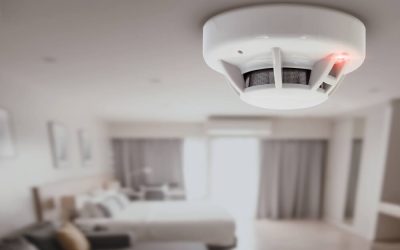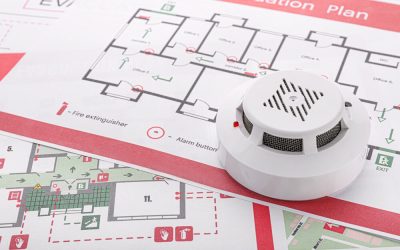How Safe is Your Gym’s Water? And When to Check it.
January is traditionally a time of year when gyms are at their most crowded. The combination of Christmas over-indulgence and New Year’s Resolutions is enough to get half the population squeezing into their shorts to try to get back into shape. So with the extra number of gym-goers, you’ll be using a lot more water as they fill up water bottles from the water fountains and shower off after their workout. But, with a legal duty of care to your customers as well as your staff and trainers, you need to ask yourself: how safe is your gym’s water?
Are Your Gym’s Showers Safe to Use?
Your showers are probably used many times on a daily basis, which means your water system is being regularly flushed. It’s unlikely, therefore, that there will be a build-up of the legionella bacteria, as legionella – and other pathogens – needs stagnant water in order to breed and thrive.
However, you still need to take great care when cleaning the shower. If the shower area itself isn’t cleaned properly, pools of water could stagnate in missed corners. This could be problematic because of the warm, damp conditions. Legionella bacteria thrive in water that’s between 20oC and 45oC. So make sure your staff understand the risks and are thorough when they clean.
Do Gym Changing Rooms Need Water Testing?
Like any business, and under normal circumstances, it’s recommended that you undertake legionella water testing every two years. However, if your gym has had to close for a while for any reason, it would be a great idea to test the water before you reopen, to be on the safe side. Legionella is a waterborne bacterium, so there is a possibility that legionella can be inhaled through water droplets from a shower. Once it is in the lungs, it could then develop into the potentially fatal Legionnaires’ disease.
Do Gym Water Fountains Need Testing?
When you test your gym’s water, you need to test every water outlet. This means that your water fountains will also need to be tested. Similar to showers, because water fountains tend to be used frequently on a daily basis, the risk from legionella is low, but if water is allowed to accumulate around the outlet and is not cleaned up, the risks become greater the more it stagnates. So make sure your staff know they need to be thorough.
Do Gym Spas and Hot Tubs Need Testing?
Spa pools and hot tubs are a particular risk with regard to legionella, and there are often news stories reporting that an outbreak has originated from them. There are two main reasons why particular care needs to be taken with spa pools and hot tubs. The first is that so many people use them, leading to a higher concentration of organic matter left behind. The second is the nature of the pool itself – it is usually heated to between 30oC and 40oC, which provides optimum conditions for legionella to breed. You then have the added risk from the air jets in the pool – the aerosol droplets the jets produce are ideal for transporting the bacteria from the water into the lungs.
Do Gym Swimming Pools Need Testing?
The chlorine and other chemicals used to treat the water in swimming pools means there is less risk from the legionella bacteria. However, if your gym is being water tested on a regular basis, then the pool water and any water features in it need to be tested too.
Contact us if you are concerned about your gym’s water system and the potential risks of legionella. We are happy to undertake a detailed risk assessment, water testing or any remedial works necessary in order to keep your gym safe.
Legionella and Water Hygiene Blog Posts
Office Fire Risk Assessment
As you would expect, keeping your office safe from the risk of fire is a legal requirement under the Regulatory Reform (Fire Safety) Order 2005. If you are the owner or manager of a business, or landlord of an office building, it is your responsibility to ensure your...
Fire Risk Assessment For Flats
Your legal requirements as a landlord include taking precautions to keep your tenants safe, including when it comes to the risk of fire in flats. As part of the fire safety regulations, fire risk assessments for flats is therefore part of your legal obligation to...
Getting A Risk Assessment For Fire in the UK
As an employer, landlord or facilities manager, it is your legal responsibility to keep everyone who uses your premises safe. A fire risk assessment is an important part of this because it identifies what might cause a fire so you can take steps to prevent one, as...
